About us
Each project is a seed
What grows, becomes public policy
What grows, becomes public policy
And it generates more impact again
And it generates more impact again
Sandrio Design Agency delivers creative, innovative, and tailored design solutions.
Community Projects
In 2021, we created the first solar cooperative in a Brazilian favela. Since then, we have been replicating our methodology in communities across Brazil. While the impact is local, the transformation is national and international.
Learn more
Research and Public Policy
Achieving large-scale transformation requires structured government programs. We produce courses, reports, guides, and policy recommendations to advance a just energy transition in Brazil.
Learn more
Solar Energy to Create Opportunities and Empower Communities
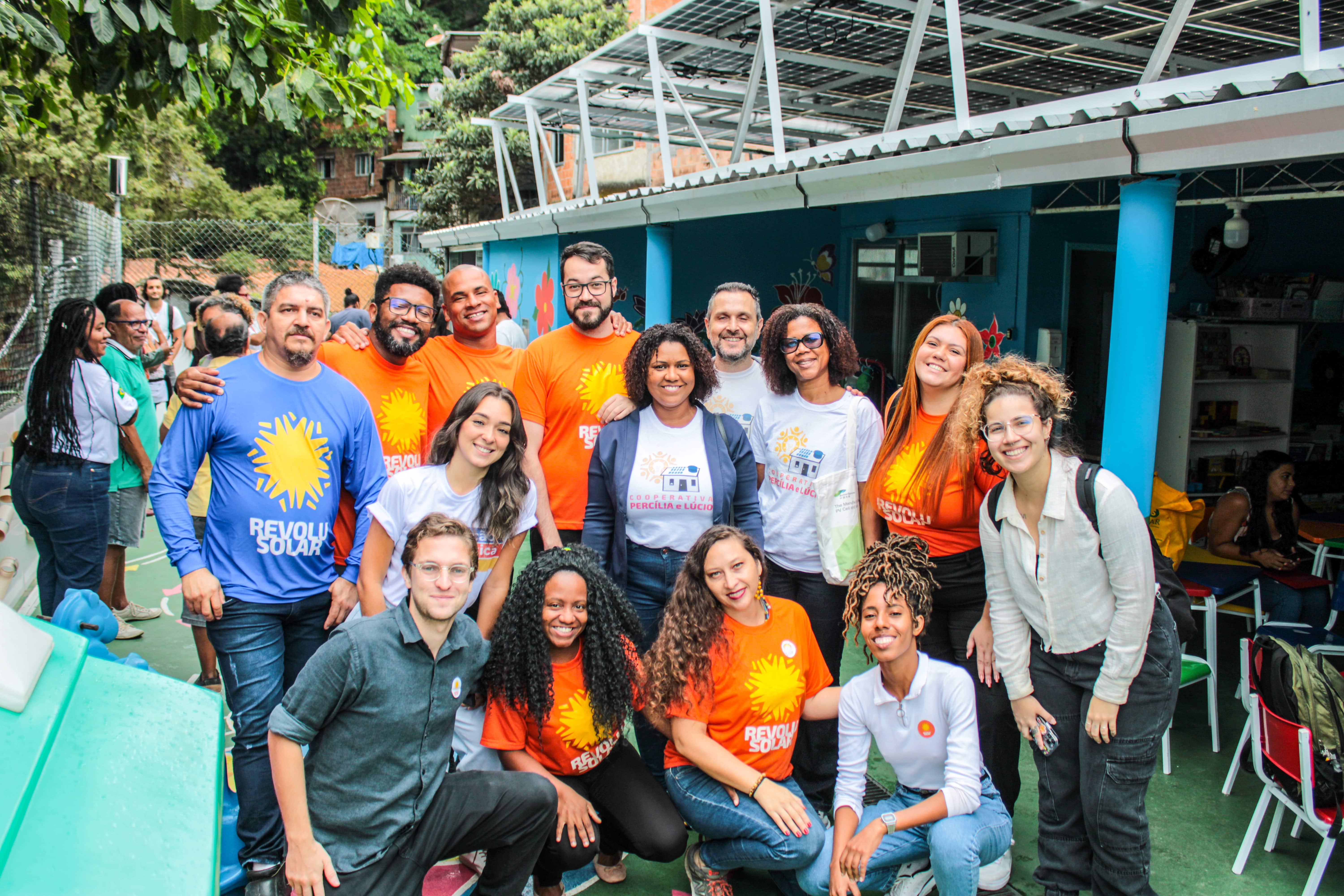
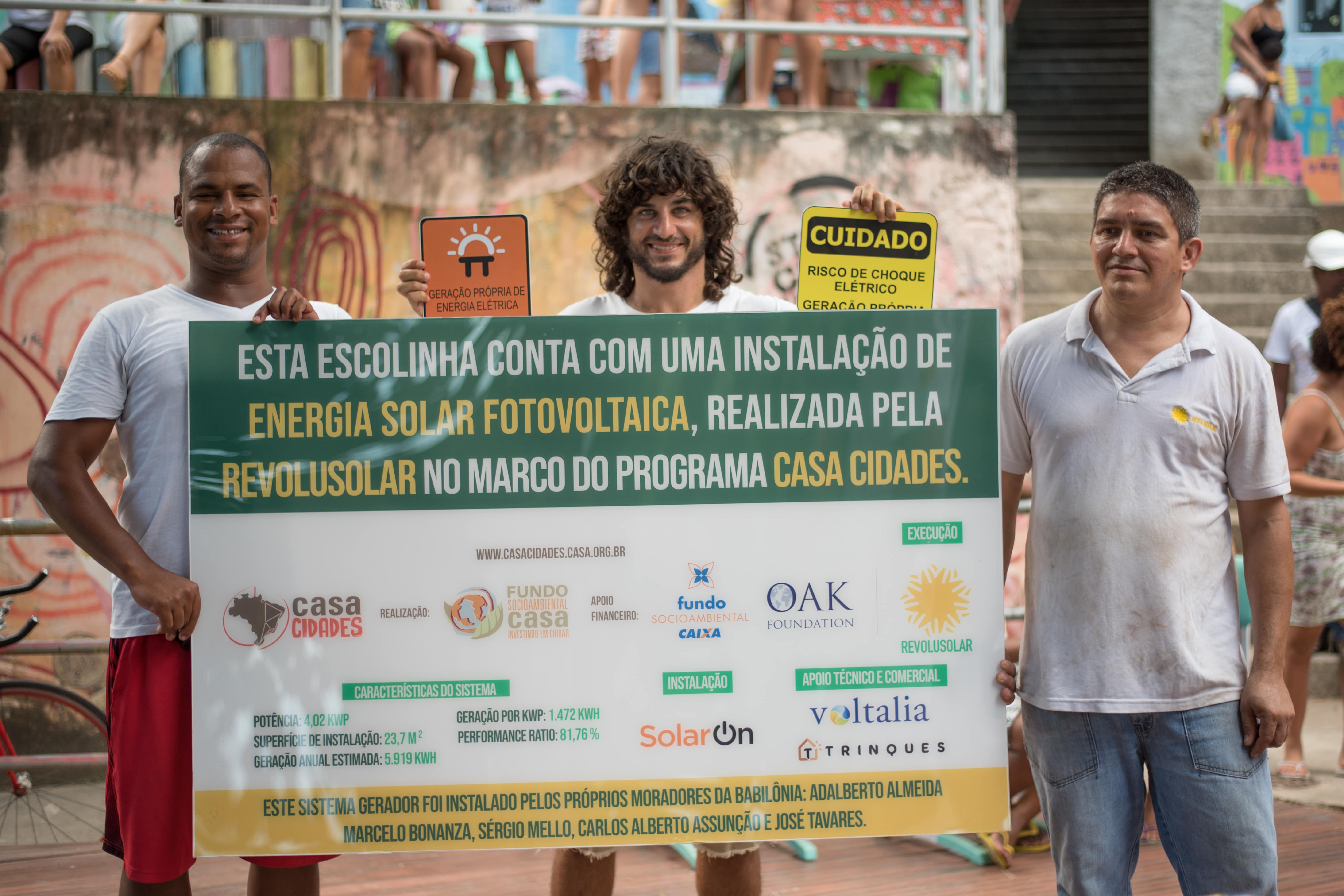
Our story began in 2015 in the Babilônia favela in Rio de Janeiro, where residents, electricians, and solar energy specialists joined forces to create Brazil’s first community solar generation model. Once we established the country’s first solar energy cooperative in a favela, we expanded with new solar plants, hybrid systems, and innovations like solar tiles, to increase our impact on local families and social institutions.
Nearly a decade later, Revolusolar has projects spanning 10 territories across Brazil, bringing renewable energy and opportunities for sustainable development, while strengthening community leadership.
As we have grown, we have expanded our scope. In addition to implementing community projects , we have systematized our learnings to support the creation of public policy that can scale community-based solar energy solutions nationwide. To further drive Brazil’s energy transition, we also conduct research and engage in policy advocacy, focusing on the circular economy, the national solar industry, energy communities, and social and environmental safeguards.
Revolusolar connects community residents, companies, governments, and universities, proving that solar energy can be a driver of inclusion, sustainable development, and social transformation in Brazil.
0
1
2
3
4
5
6
7
8
2
3
1
2
3
4
5
6
7
8
9
0
1
2
3
4
5
6
7
8
0
+
$
0
1
2
3
4
5
6
7
8
1
.
4
1
2
3
4
5
6
7
8
9
B
+
0
1
2
3
4
5
6
7
8
8
5
1
2
3
4
5
6
7
8
9
0
1
2
3
4
5
6
7
8
6
+
0
1
2
3
4
5
6
7
8
9
8
1
2
3
4
5
6
7
8
9
%
Challenges
Access to electricity is essential for human development, yet energy poverty remains a harsh reality in Brazil.

access
Over 1.2 million people in Brazil still live without electricity, with 990,000 in the Amazon alone, according to the latest data.
Source: Ministry of Mines and Energy (MME) and EPE (2024)

Cost
Nearly half of Brazilians (46%) spend more than 30% of their income on electricity and gas, far above the 10% threshold that defines energy poverty, forcing families to choose between food and energy.
Source: OBEPE/EPE, 2025 | IPEC, 2022

Quality
Low-income regions face four times more outages and voltage fluctuations, disproportionately impacting women and Black populations in favelas and rural areas.
Source: Instituto Polis, 2022
opportunities
The energy transition offers new pathways to address these challenges, particularly through solar energy.

Solar Energy: Cheaper Than Fossil Fuels
The cost of solar energy has dropped by 90% over the past decade, making it the world’s cheapest and fastest-growing source of electricity.
Source: IRENA, 2024

Brazil’s Solar Potential
Brazil receives 60% more solar radiation than Europe and has become the world’s fourth-largest distributed solar market, with significant room for community-based projects.
Source: ABSOLAR, 2024

Employment and Income Generation
The solar sector currently generates 1.1 million jobs in Brazil, with the potential to double by 2030, offering strategic opportunities for youth and women in low-income communities.
Source: IRENA, 2024
WHo WE ARE
Revolusolar Team
Our team is made up of qualified and committed professionals who work to advance the solar revolution every day, from within local communities and institutional spaces.
our projects
All Brand Shines
BOARD OF ADVISORS
The Revolusolar Advisory Board is composed of respected professionals, from community movements to the energy sector, who volunteer their time providing guidance and strategic connections.
Institutional Partnerships
nossos projetos
all brand shines
awards
our projects
All Brand Shines
The best way to understand our impact is to listen to those who experienced this transformation up close.

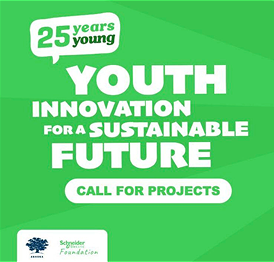
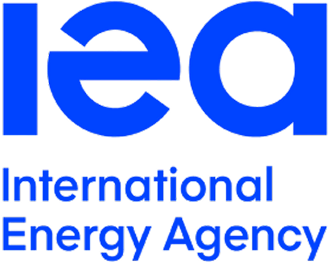
.png)


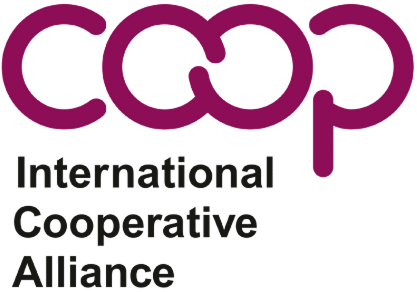
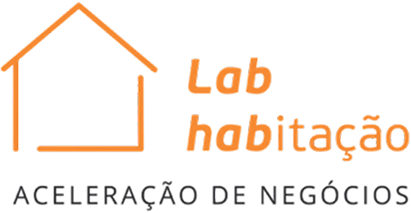
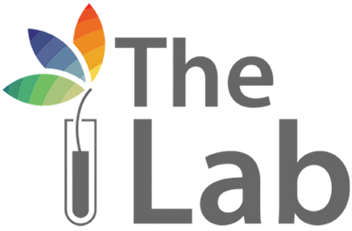

.png)


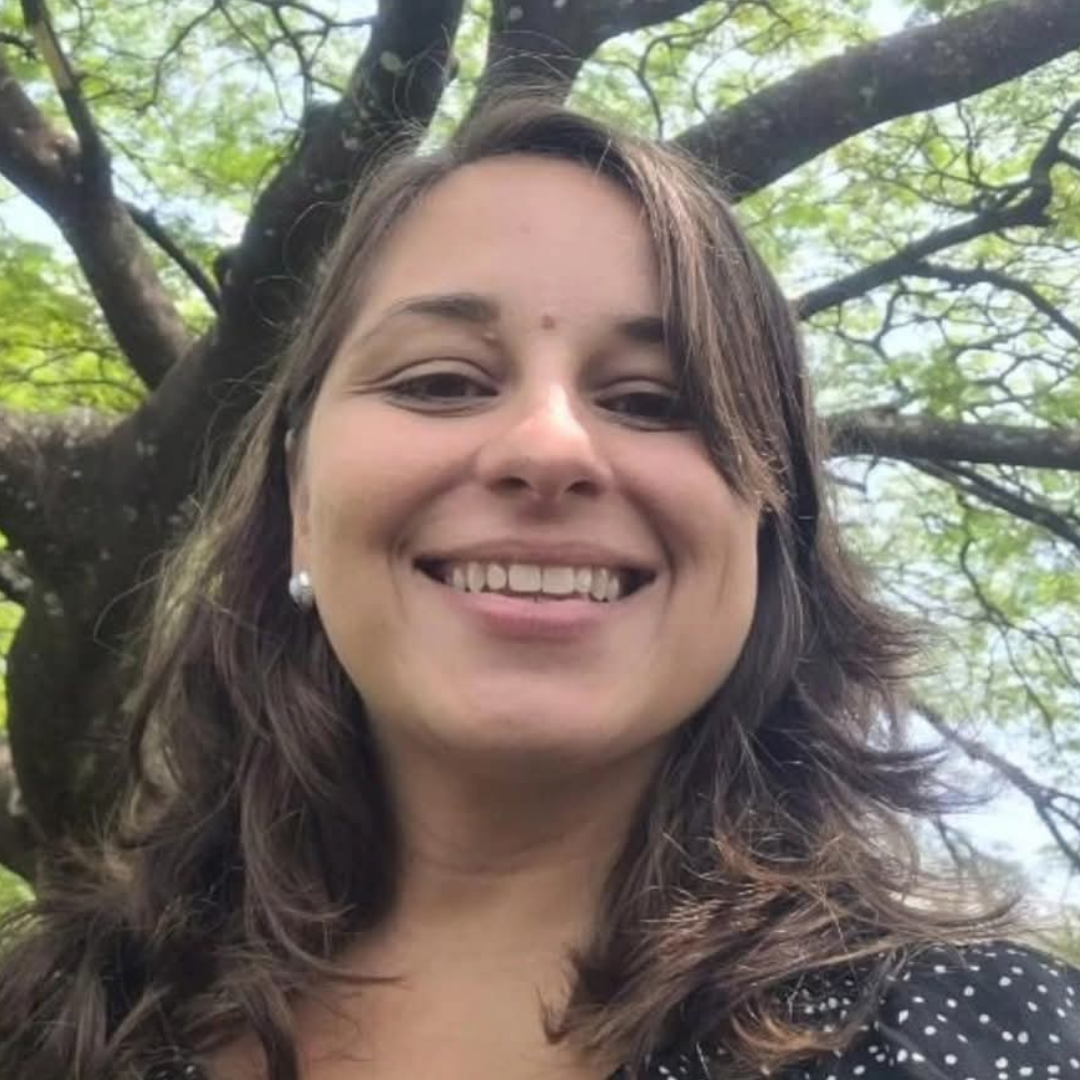
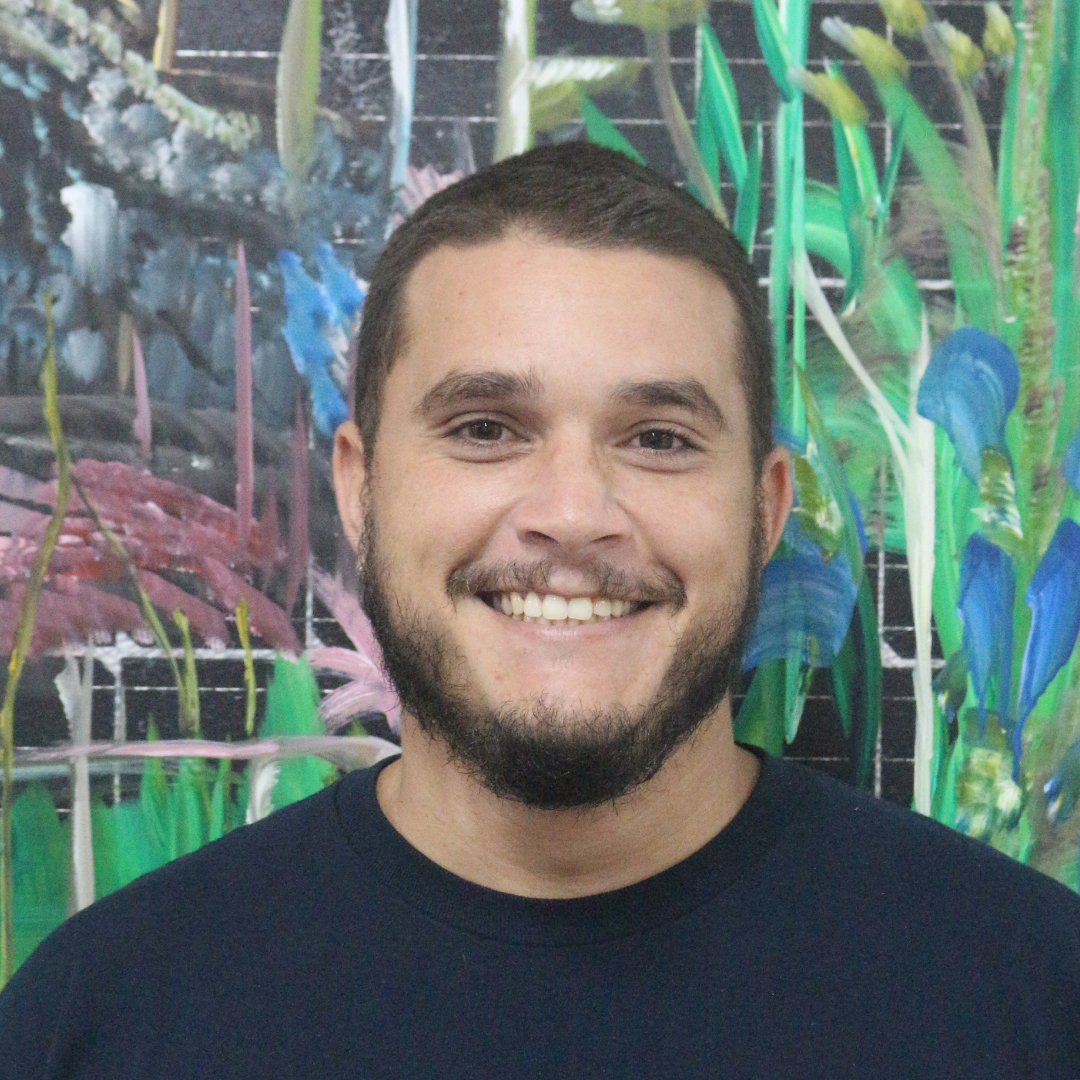
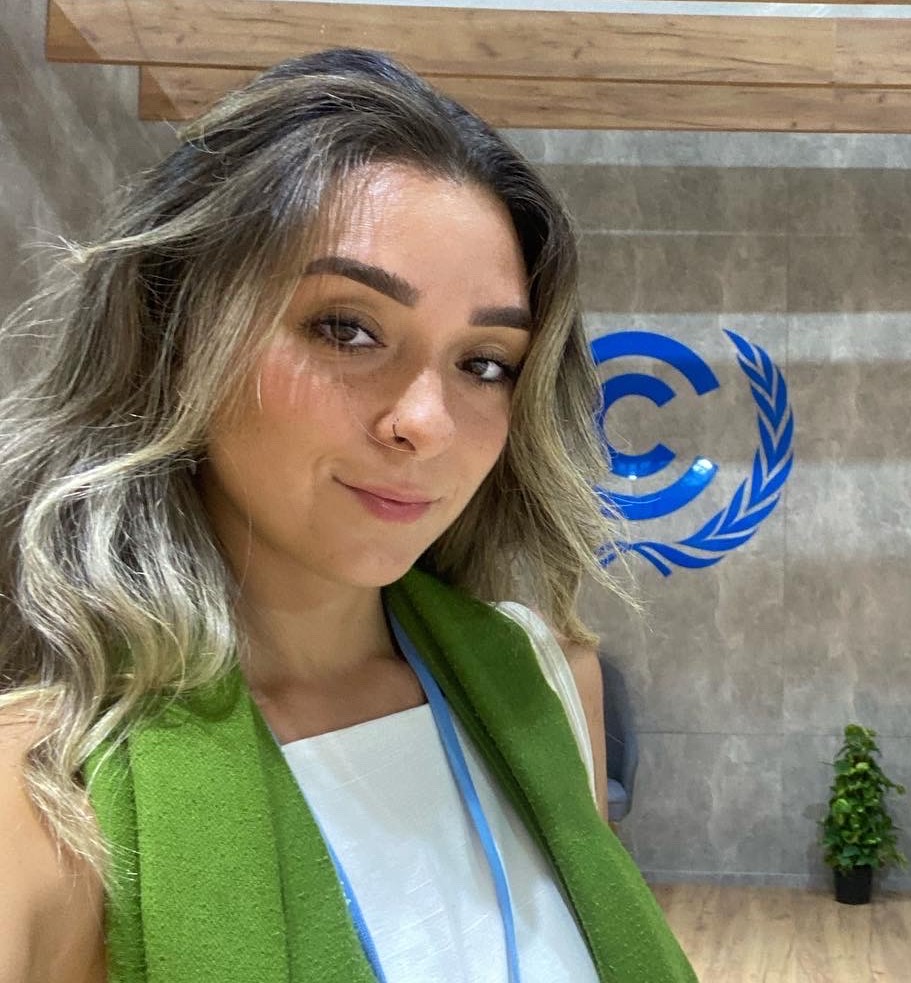
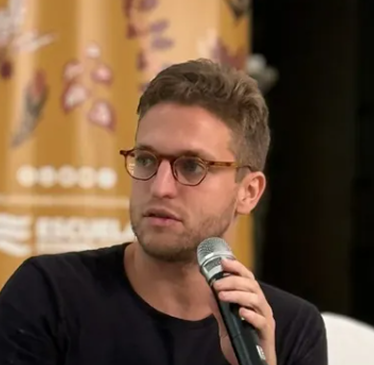
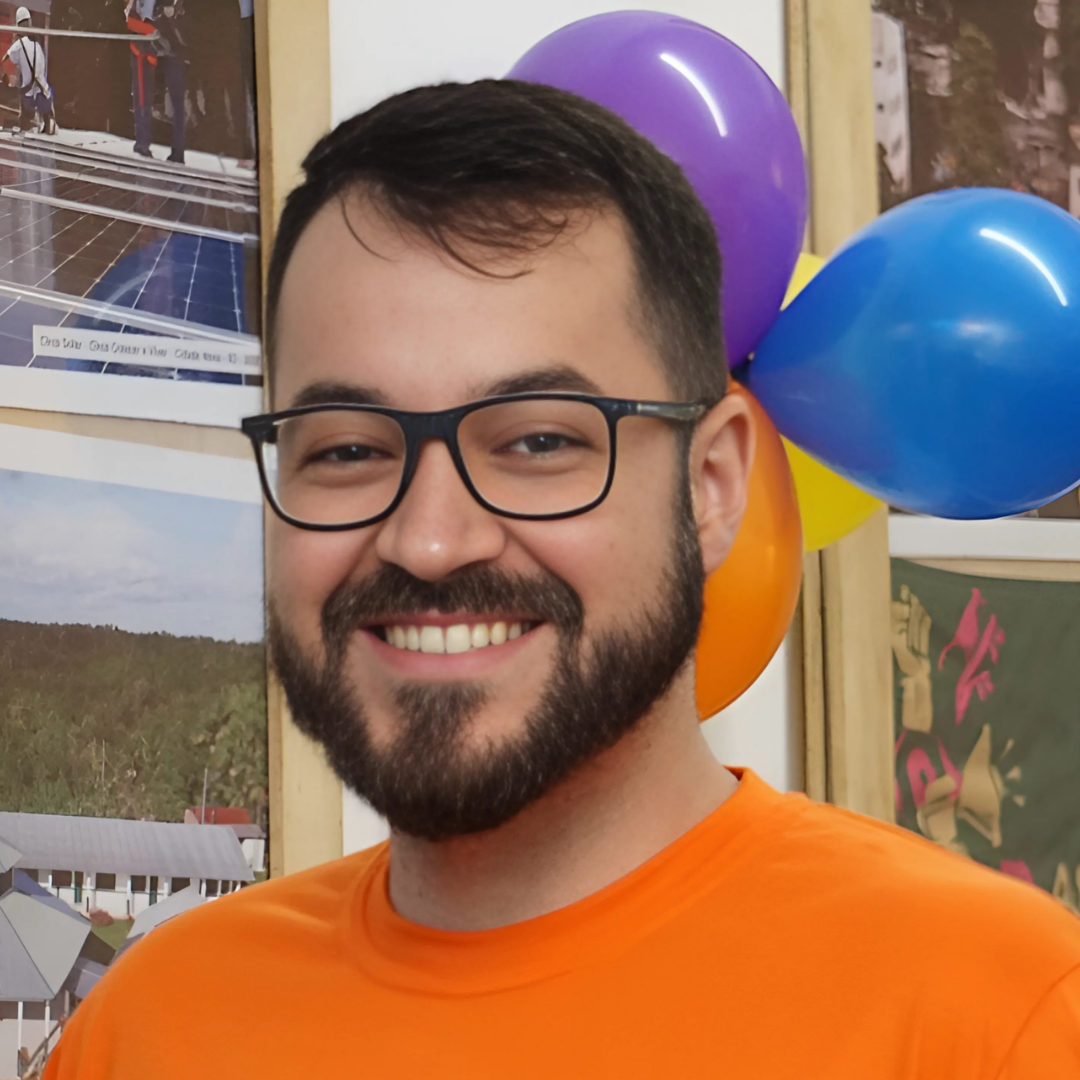

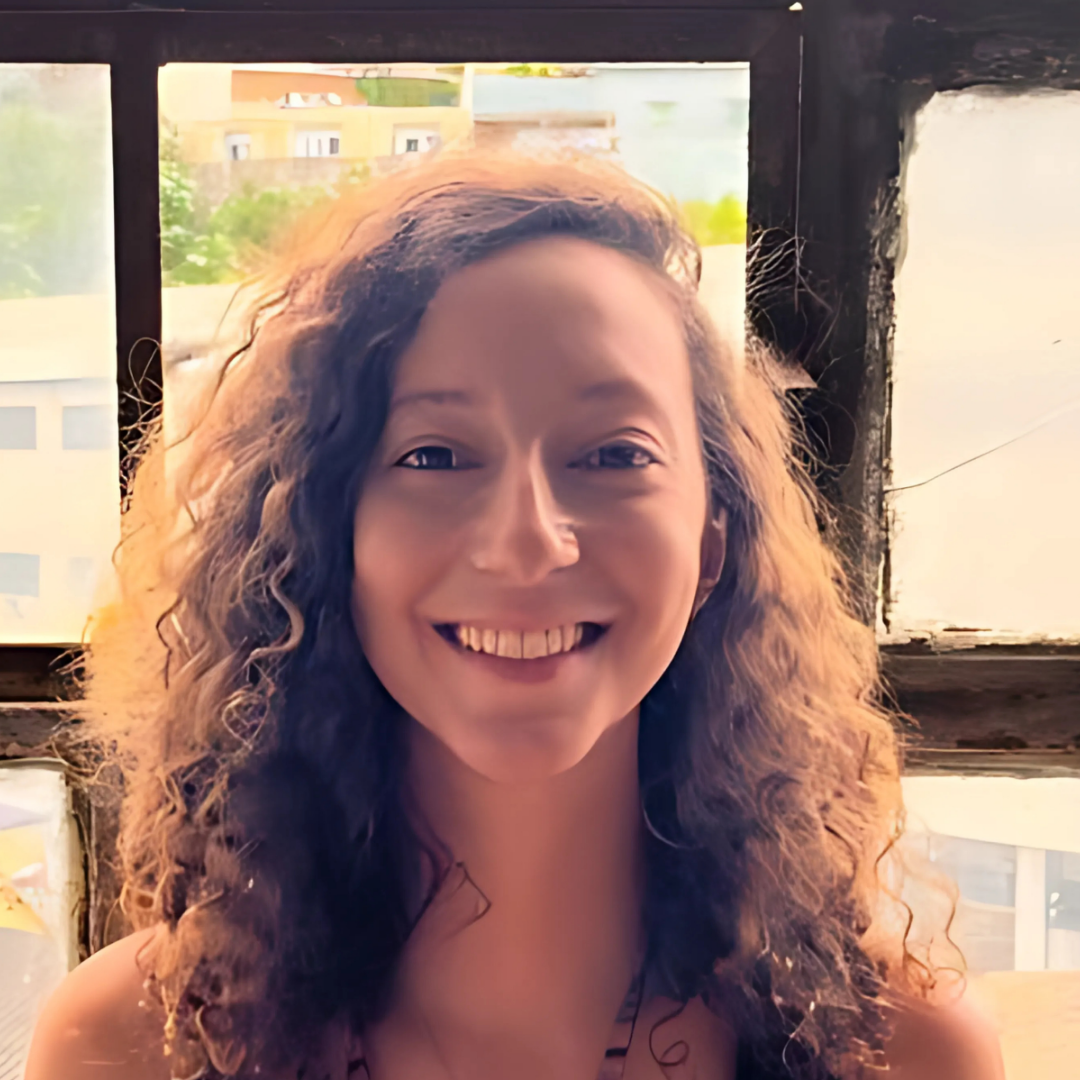
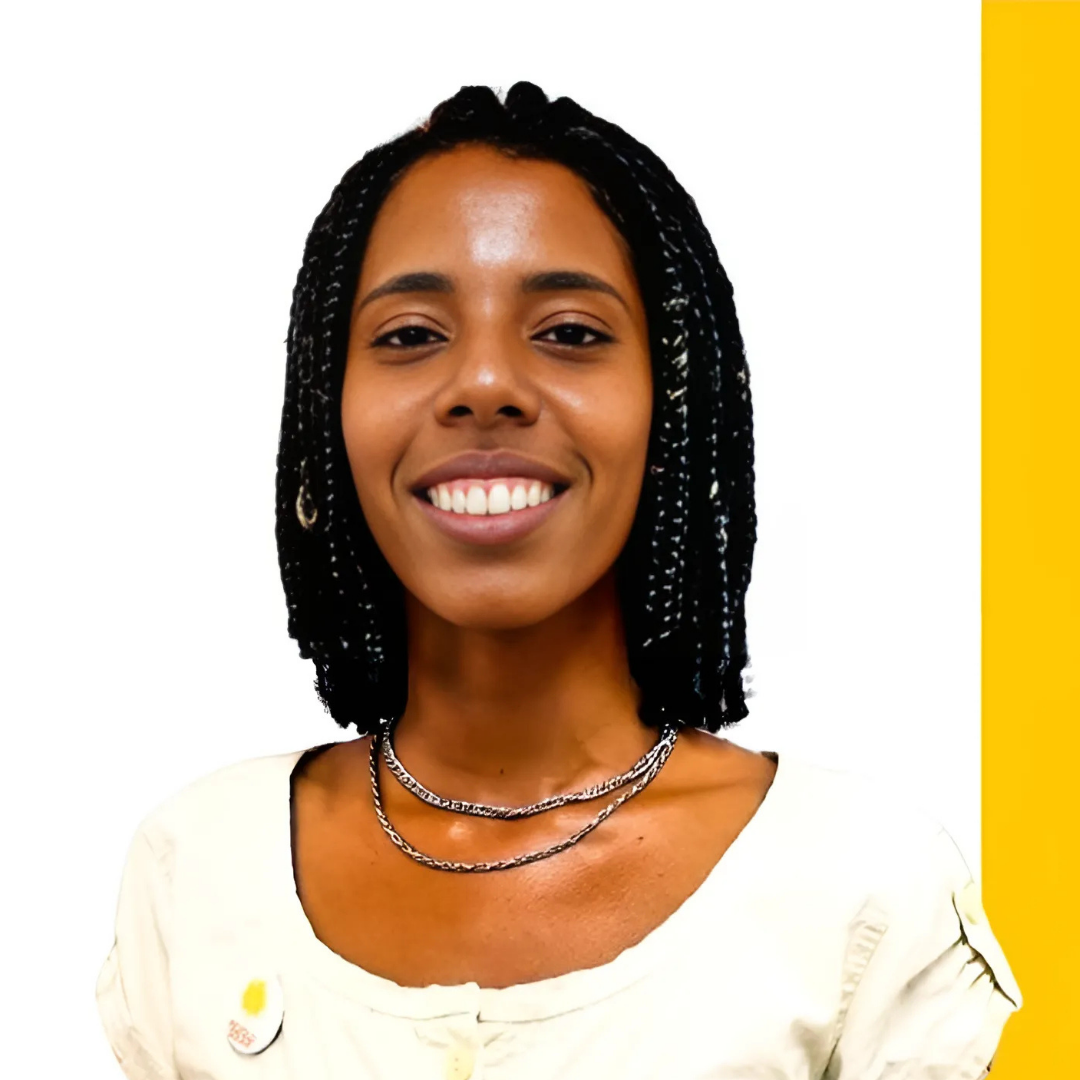
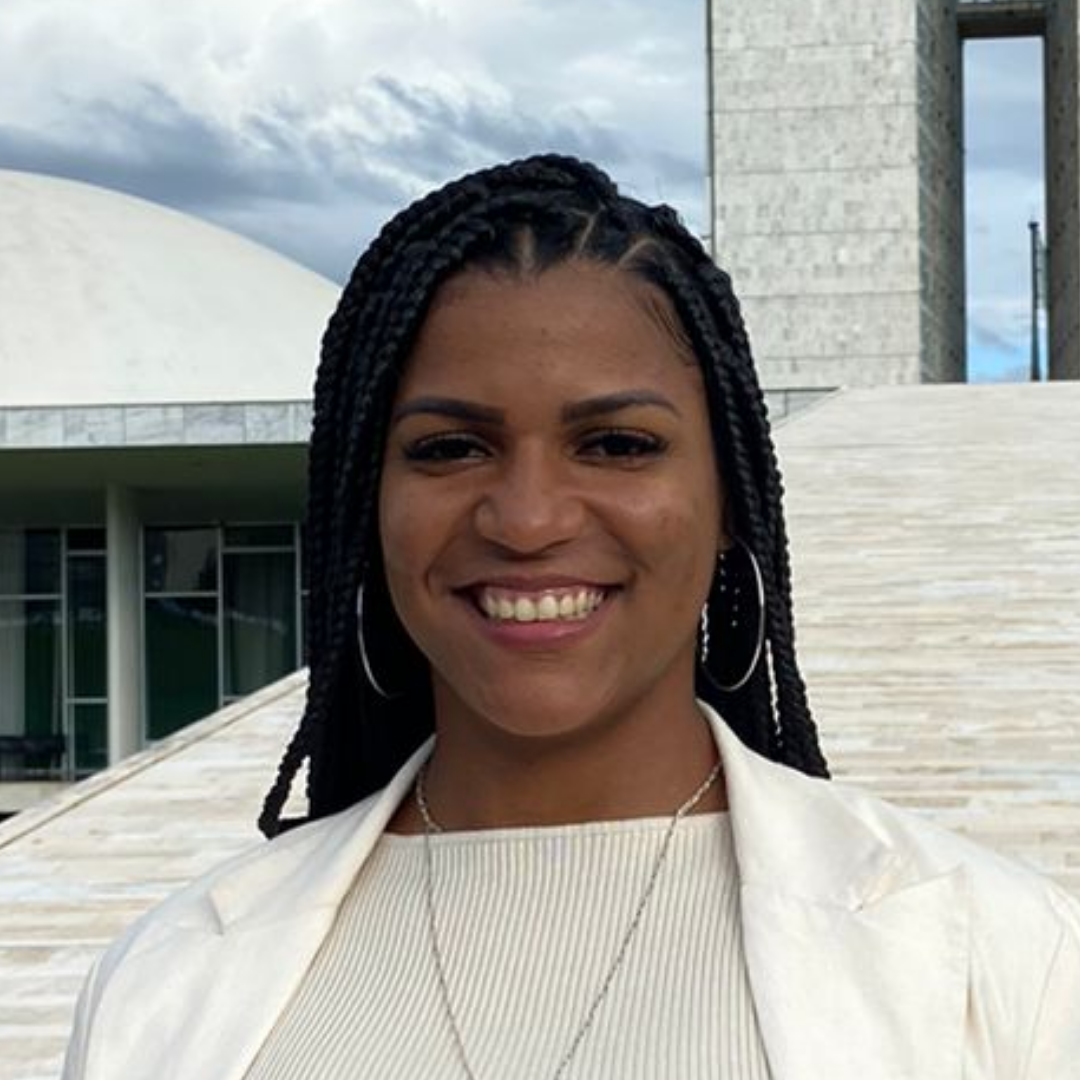
.jpeg)

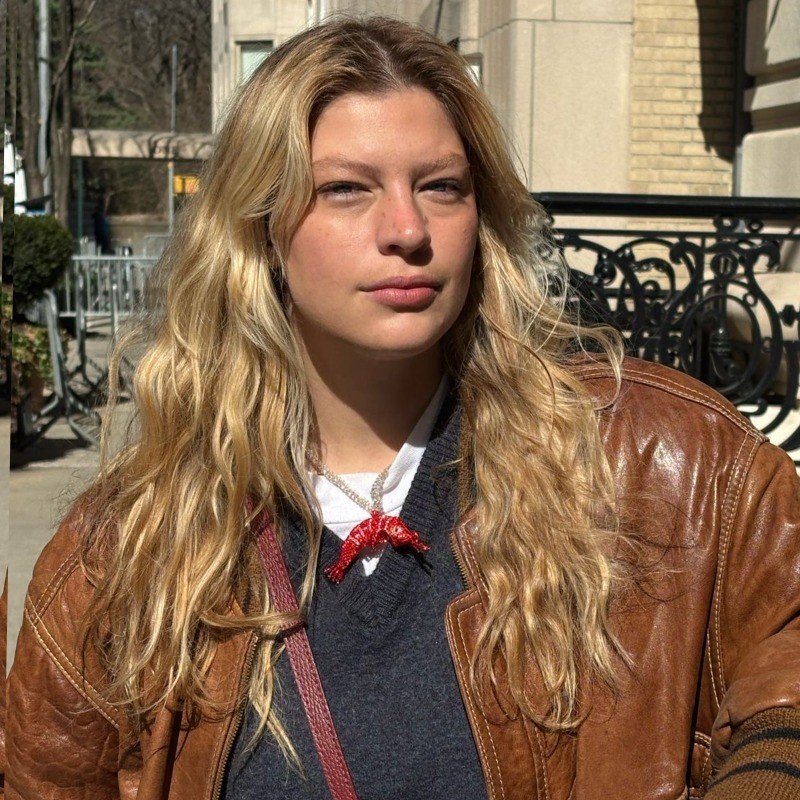

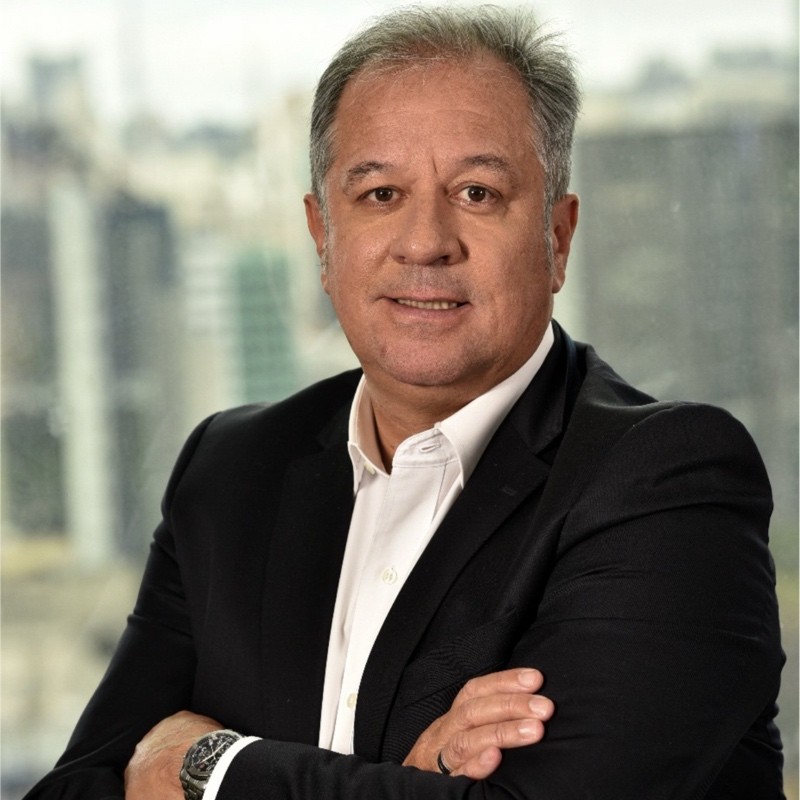
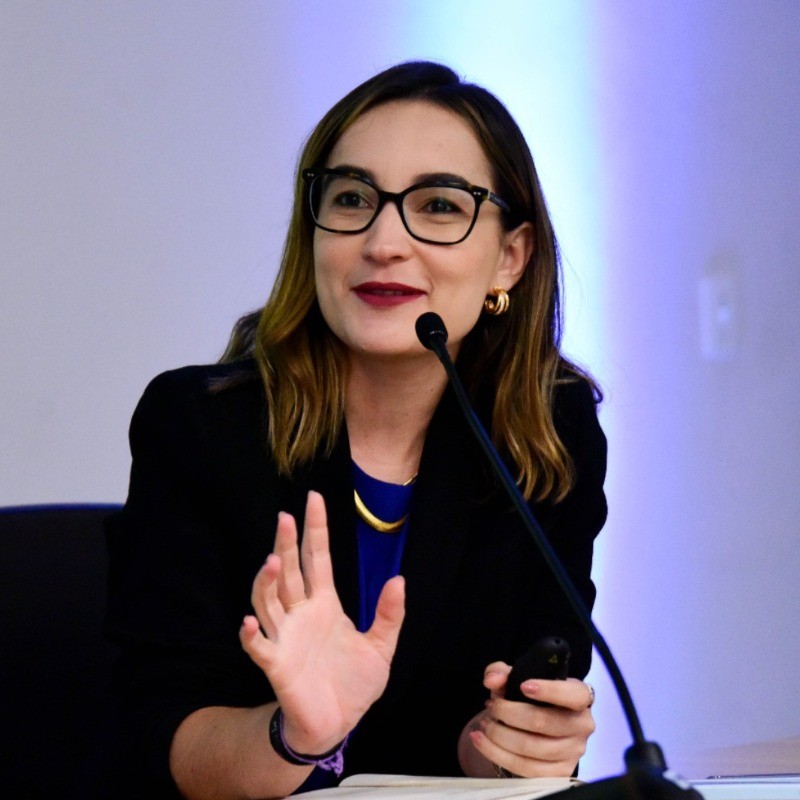
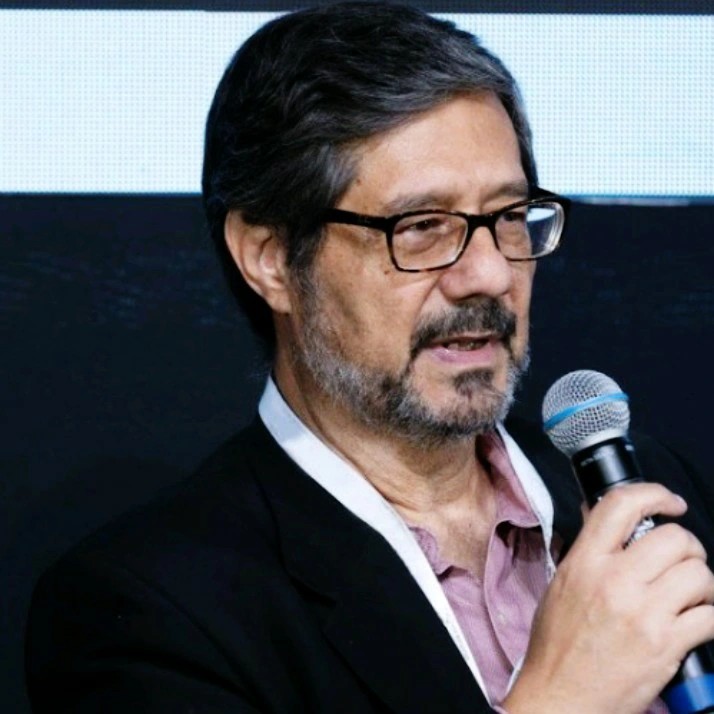
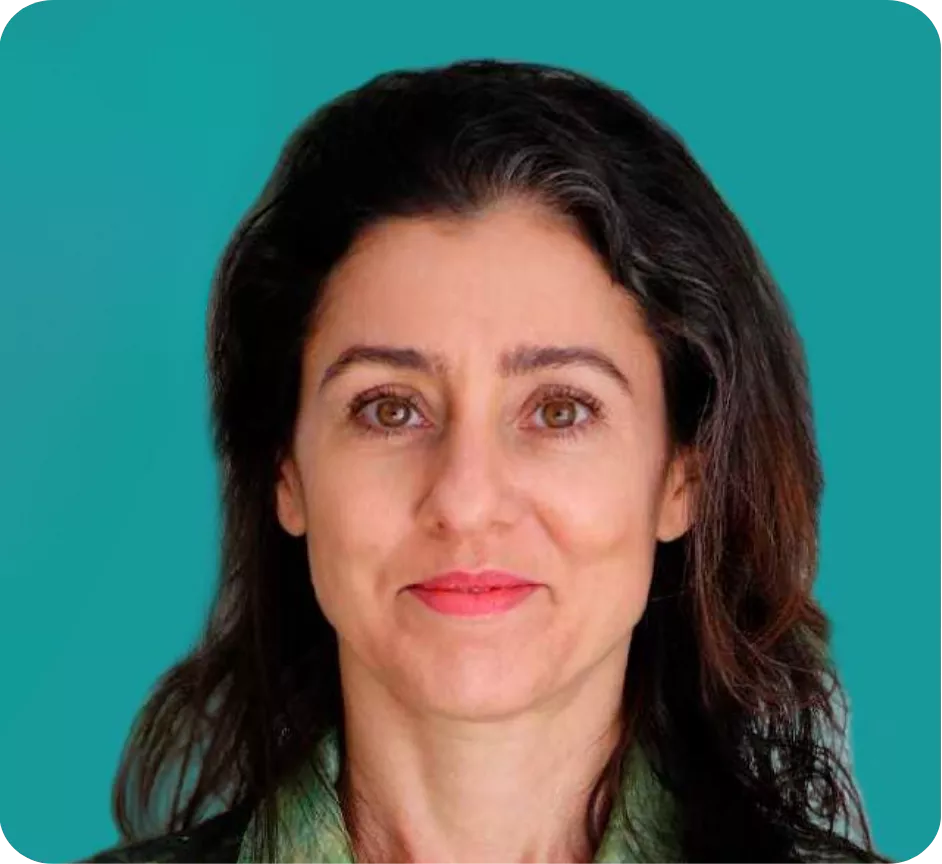


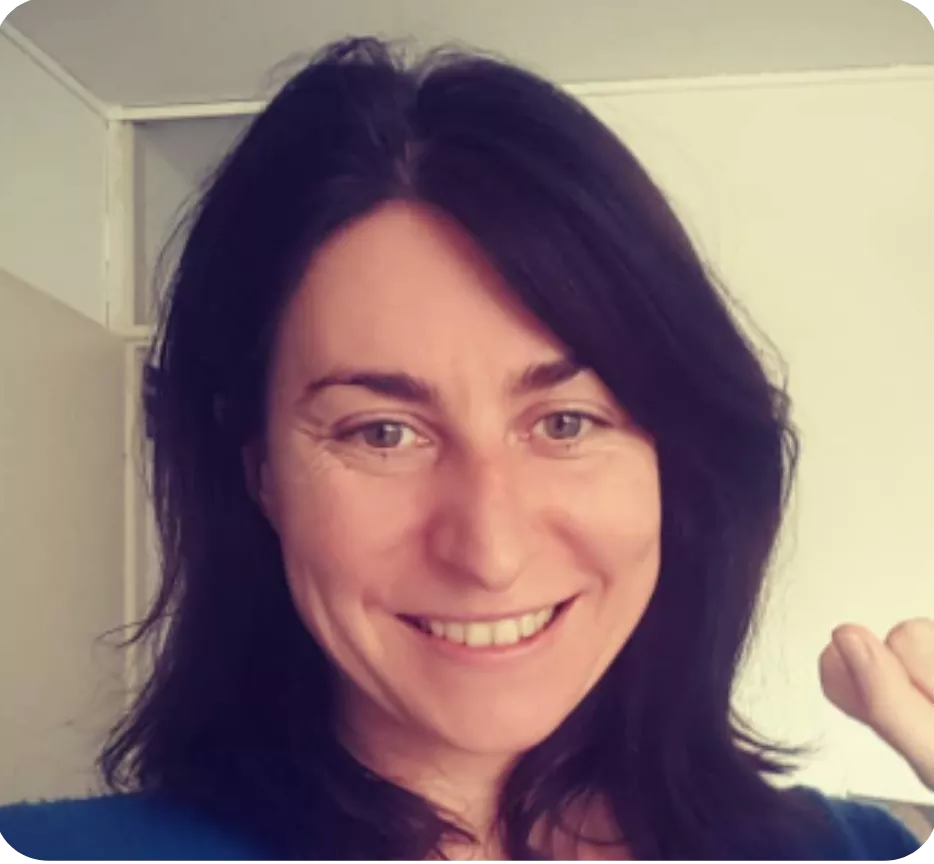
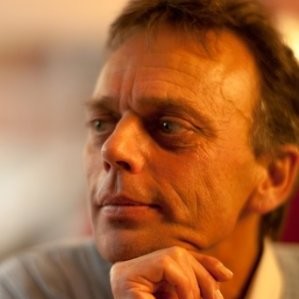
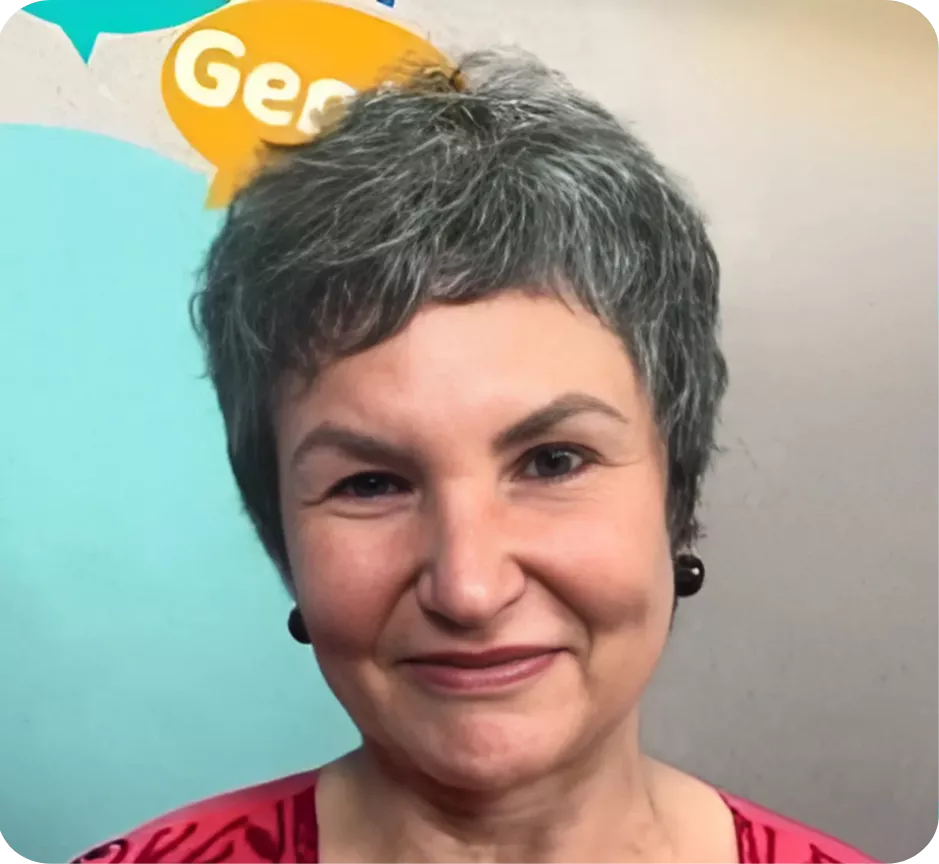
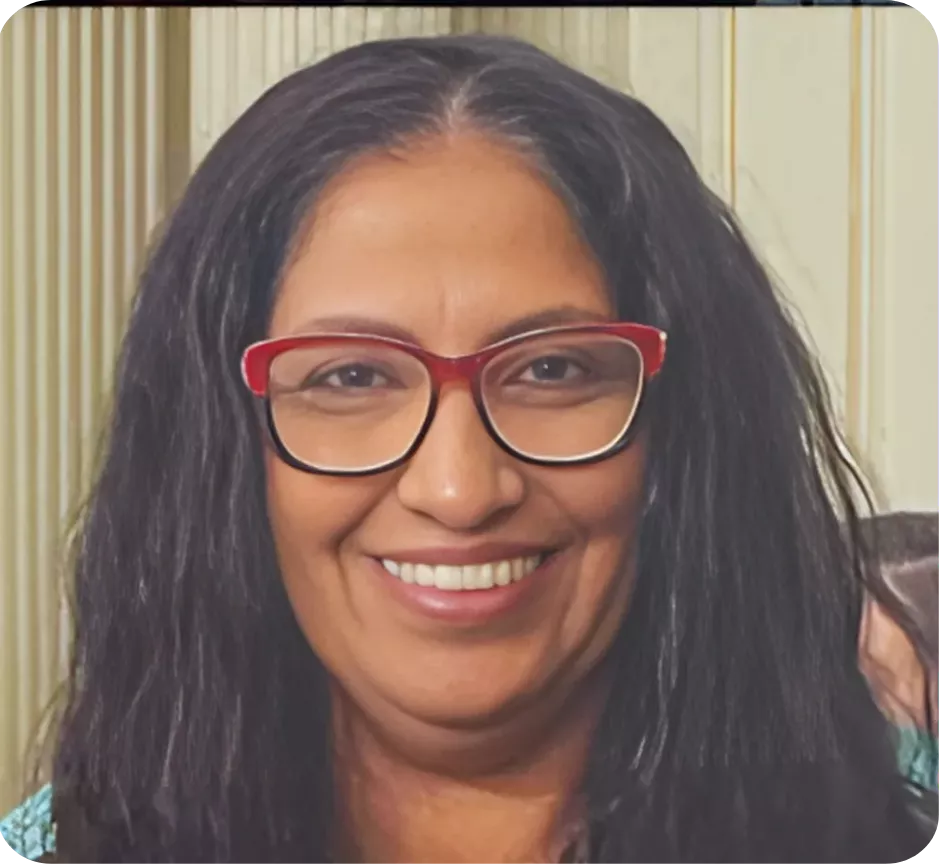
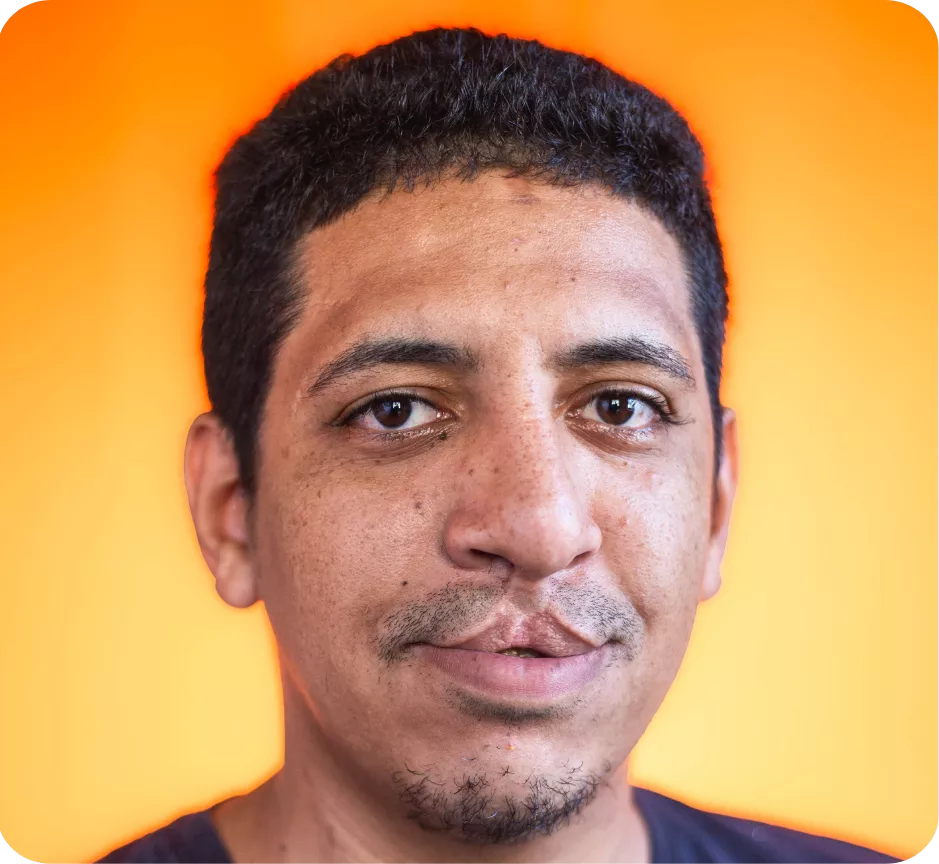

.webp)
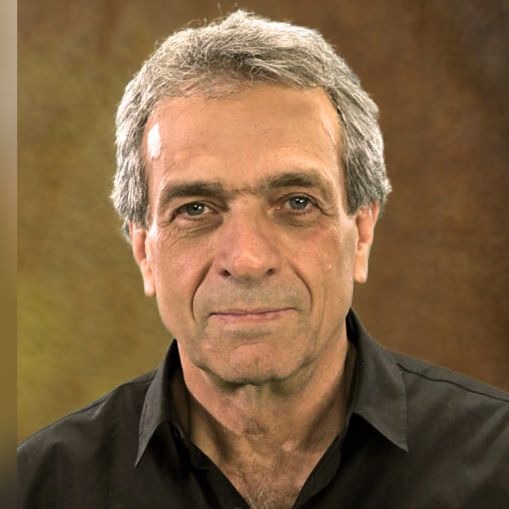
.png)
.png)
.png)



